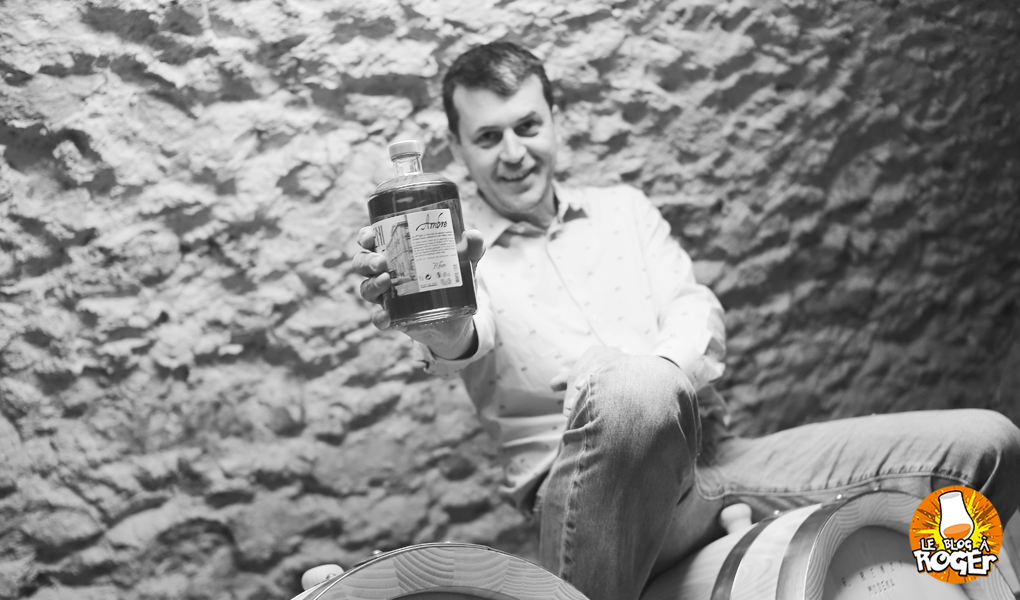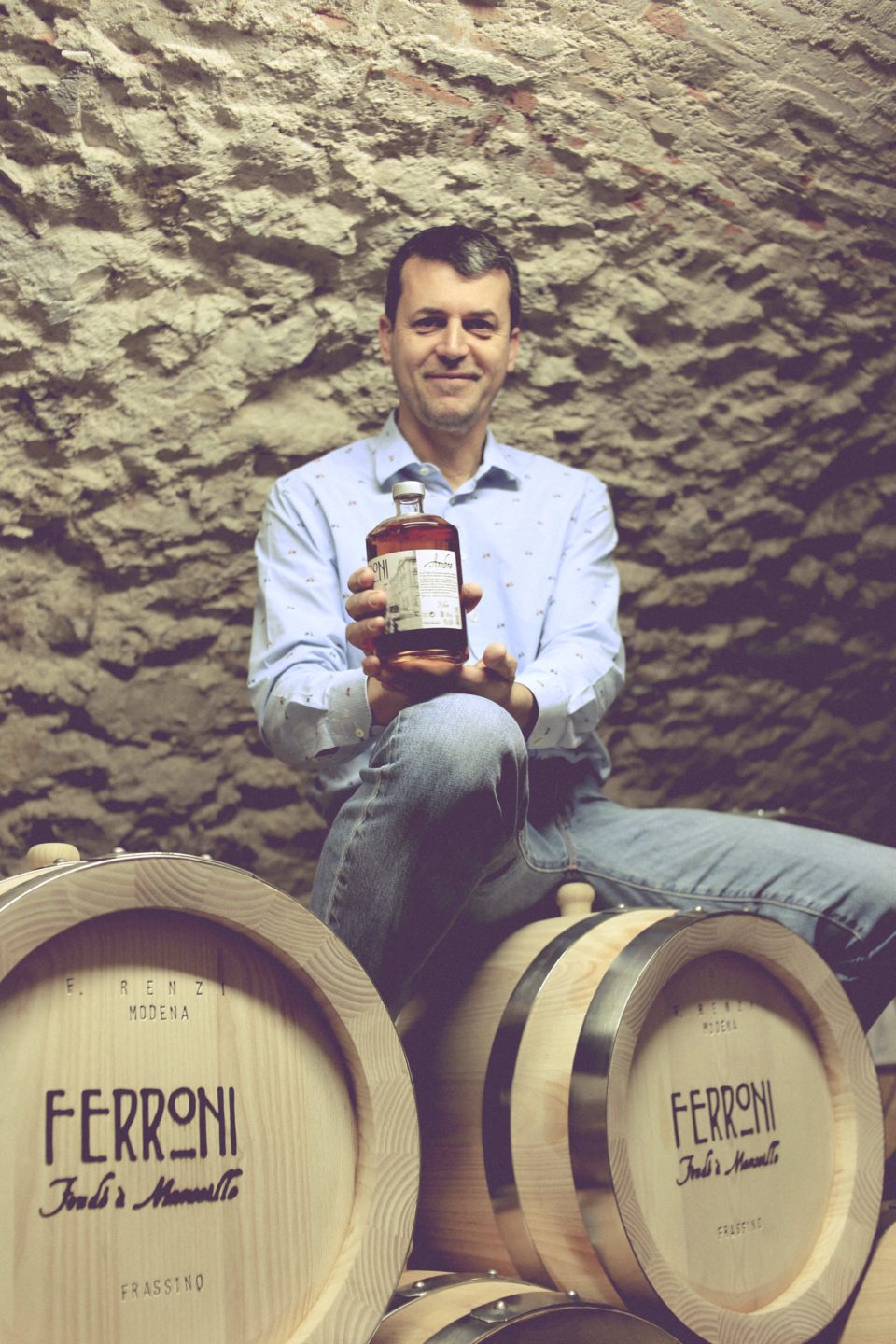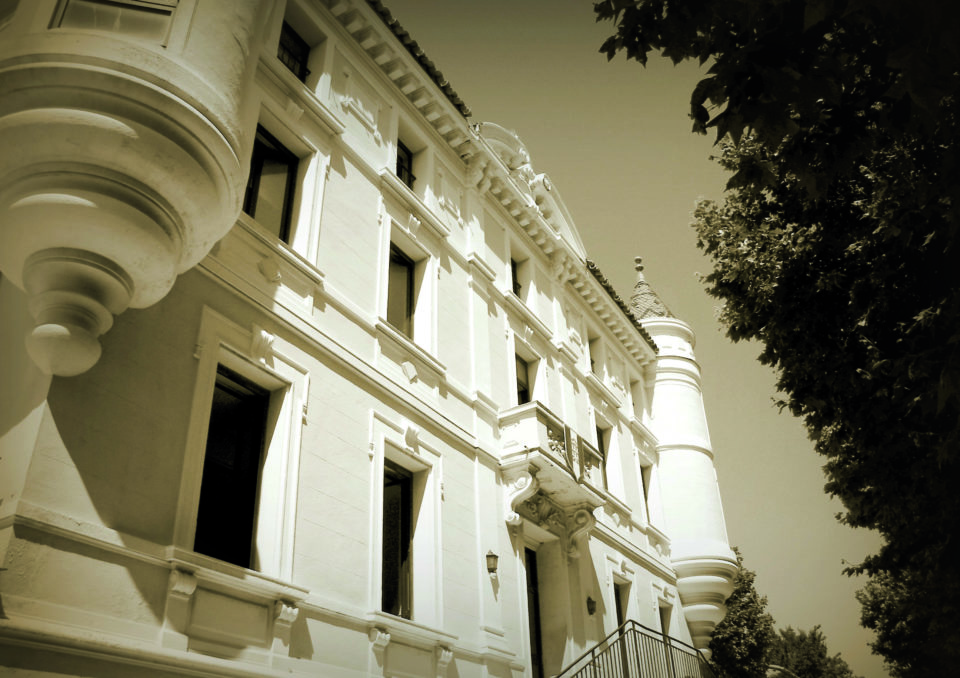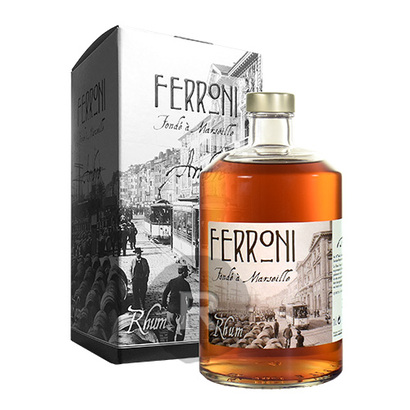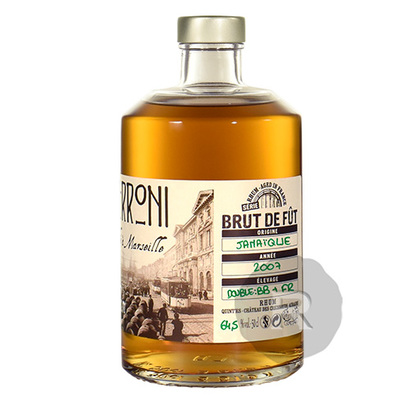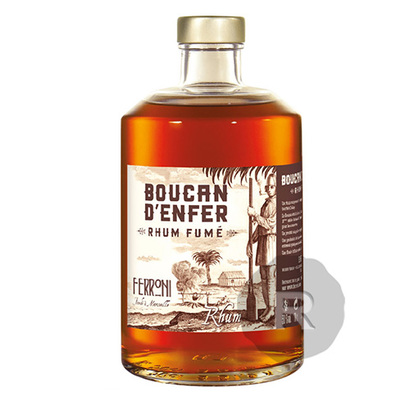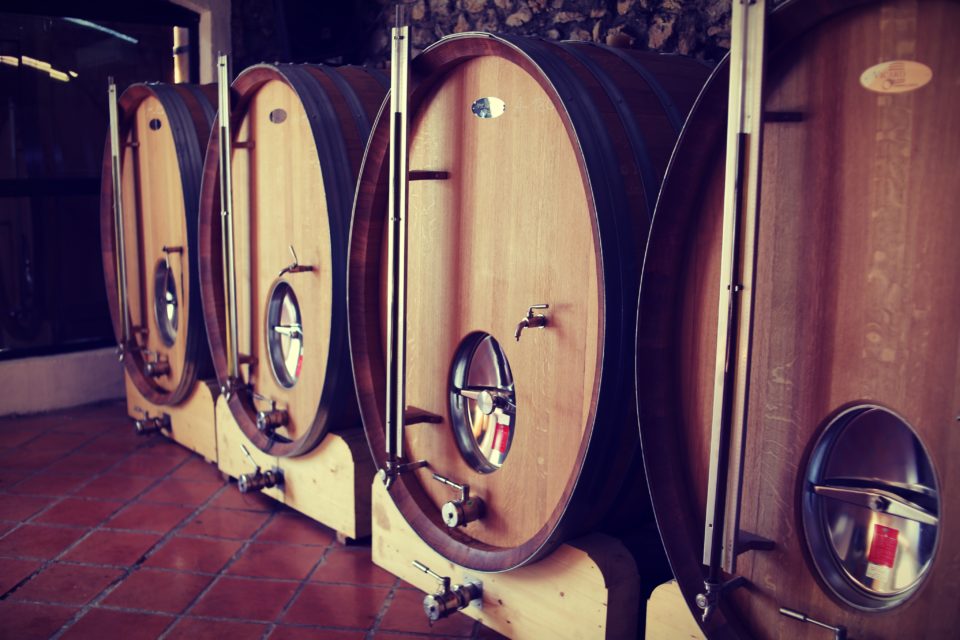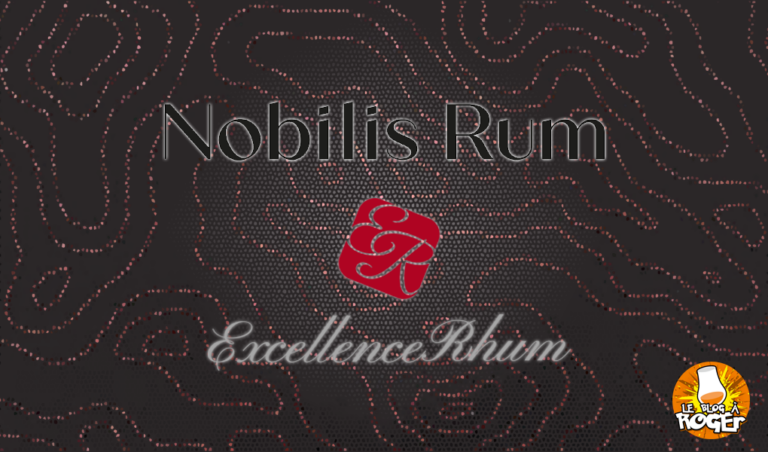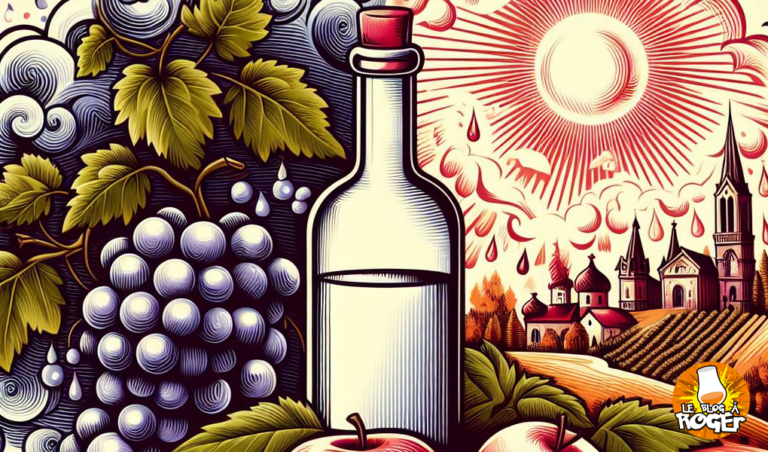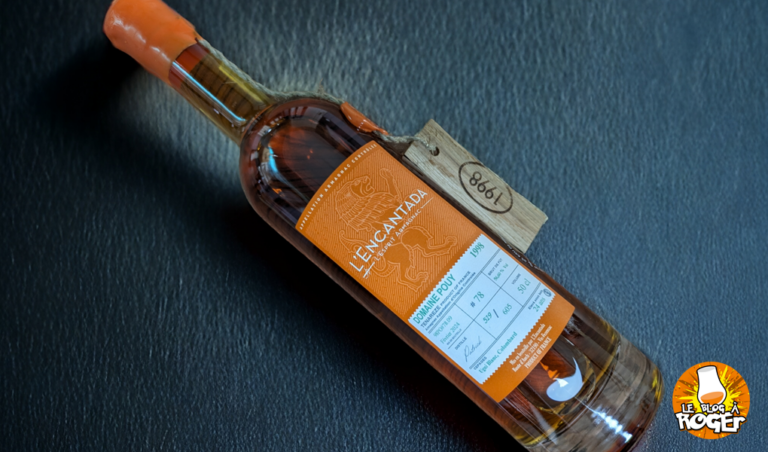The world of independent bottlers, rum speaking, tends to often offer the same products, the same destinations and ultimately few surprises … Foursquare, Worthy Park, Fiji, Bielle and other Hampden are indeed legion. .
But besides that, some manage to stand out with a rather different approach to the thing. Guillaume Ferroni and his various aged products at Château des Creissauds, in Aubagne, is one of these. I therefore propose a small discussion with him … let’s go!
Can you introduce yourself and your activity for people who don’t know you?
I like to introduce myself as a barman-distiller-historian.
In practice, I really have the DNA of the bar, which is a profession that has given me a lot of pleasure, meetings and knowledge.
I also have a passion (and by necessity things an expertise) on the history of cocktails and spirits, and it is this passion that led me to make rum.
Today my activity is divided into 3:
- the production of spirits (mainly rum and pastis)
- advice and services for other brands. It’s a small percentage but I really like to do it
- leading the bars I created. It is now my friend and partner Luc who manages it, but I always participate in the follow-up.
Do you consider yourself as an independent bottler or rather as a rum breeder? For me, it will be more on the rum breeder side than I would see you even if you offer white wines, but often rested or blended with each other…
You are right in fact… but paradoxically I consider myself above all as an independent bottler.
I still relate to history here. The profession of independent bottler is inseparable for me from the profession of spirit aging.
It is a profession that comes from the historical mode of whisky production.The single malt distilleries only made bulk, and it was the breeders / blenders who sold the bottles.
I consider myself an independent bottler because it is for me what symbolizes freedom of choice, diversity, and that leaves a lot of scope for creativity.
For example HSE, JM, Clément or La Mauny are for me real breeders (even if some also distill), but their field of creativity is framed by their terroir, their tradition and of course the AOC.
And even if sometimes they deviate from it and are very creative, there is still a framework. For my part, I can happily work « outside the framework » and I am very attached to this freedom.
Now obviously, breeding is still my trademark compared to many of my colleagues.
It’s something that over the years I have mastered well, and so, almost all my rums pass through my barrels.
You are also a distiller in your spare time, redistilling issan or even your own rum, not to mention your pastis which we will discuss later, can you tell us a little more about this aspect?
Yes, I have three small pot stills. They are mainly dedicated to re-distillation (distillation of materials already distilled by others) but I also make gin and absinthe for example..
I also re-distilled rum (Belle Cabresse, Issan, Grogue du Cabo Verde), either to make aromatic cuts that the column does not allow, or to increase the degree and put them in barrels.
On Issan in particular we did both: I first made a cask strenght a few years ago (which is still in barrel), and then we worked with David to release a white rum at stronger degree wich is not allowed in Thailand.
And there we did a real double distillation with a pass in Thailand (which gave a « brouilly » at about 30%), and the second pass at my house.
It is a product that will be released soon (I am currently working on the label).
Do you buy your rums directly from certain distilleries or do you go through a broker like most IBs?
Both. My preference is to go directly to the distilleries.
But it is essentially the logistics that guide the choice. I work directly on Cabo Verde, Mauritius, Madeira, Guadeloupe, Martinique, Réunion etc … And by broker on Jamaica and Barbados for example.
It is essentially a question of order volume and mastery of the logistics sector.
Most of your productions are quite young and often finished in barrels of xxx except some old like the gwada 98, is a way for you to reduce the costs or a desire to be able to « play » with young alcohols?
In fact I mix the two because I need them to get there financially.
For my casks strenght, I try to always have an age of at least 6 years. And in parallel I do Amber, Overproof and Boucan d’Enfer which are less than 3 years old.
There is a phenomenon of soaring prices on old rum. You can see it on the bottles, but on the bulk it’s the same thing.
And above all make an old rum … it takes time 🙂
For example my first container from Mauritius was in 2013, I put it in the same year, and I still haven’t brought out a single bottle of old rum from Mauritius (everything and still aging).
After that I really like the finishes (especially the Rasteau and the Beaumes de Venise) but it is not a tool for me to get out of younger products. The 1998 Gwada was also finished in Rasteau barrels.
How do you go about your assemblies? Do you have a preconceived idea in mind or are you groping?
Mostly with an idea in mind but also with the barrels available at the time, because it is not good to leave an empty barrel.
I have been looking for barrels of cooked wine from Provence for years (this is extremely rare). And the same week that I finished the formulation of Overproof, I was lucky to be able to recover two.
And that’s how this finish came about.
You start, like la compagnie des Indes for example, to offer your products in the form of exclusivities for bars, groups or even a youtubeur. Do you think this will happen more and more in the future?
Highly possible. It is also the strength that small houses have over large ones. I formulate or put in aging personalizations from 60 liters.
And then it’s very pleasant to do. It drives creativity and allows you to meet beautiful people.
Generally speaking, I really like to work and collaborate with others (be it bars or colleagues like Issan, Old Brothers, Warenghem etc…)
You are not active in rum, in fact you offer us every year aged and vintage pastis… can you tell us a little more about all this?
Yes. It is my second baby and it is clearly the product that requires the most work!
It is a pastis that I make only with the plants of my domain (wild or that I cultivate).
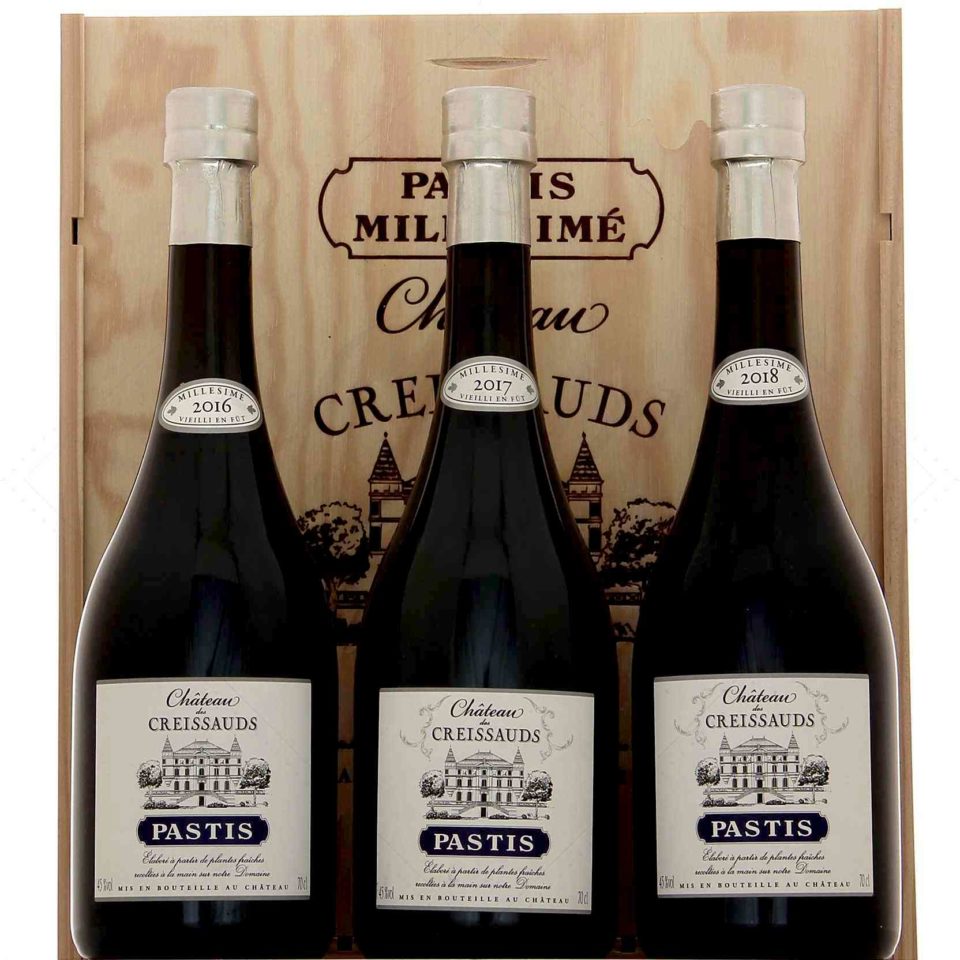
Merci rhumattitude 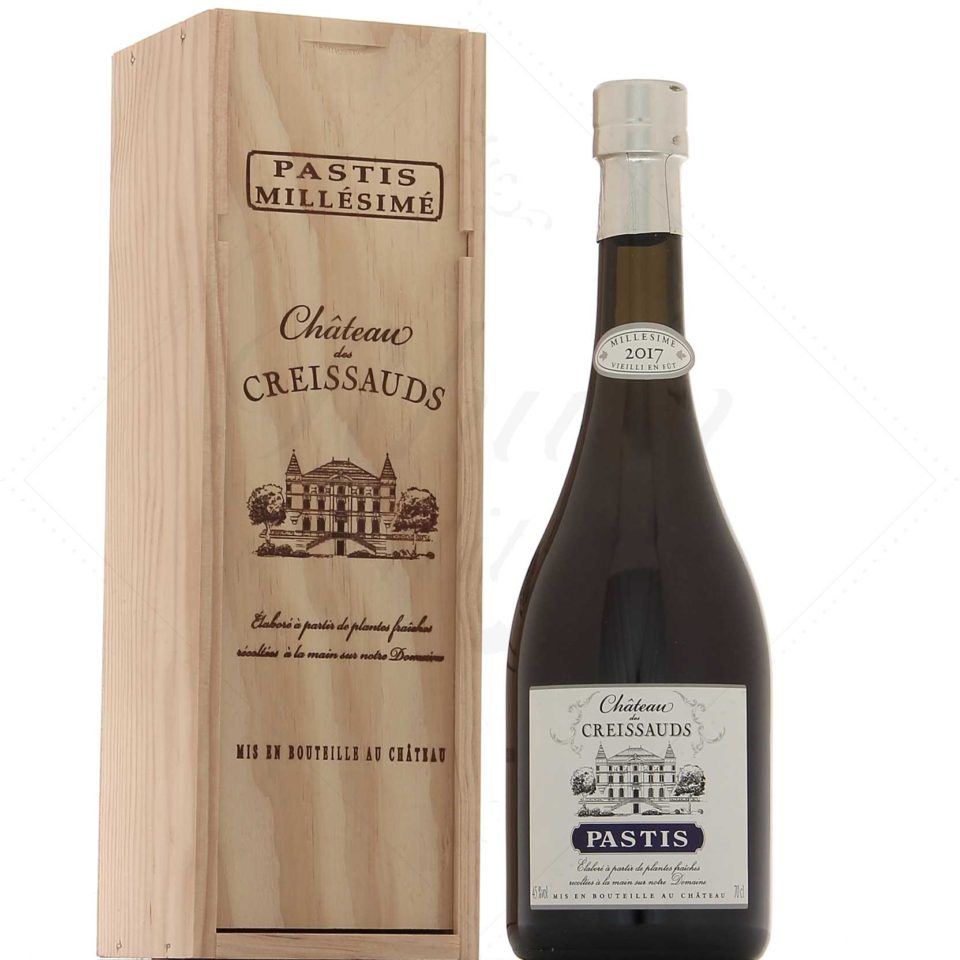
Merci rhumattitude
I make it age in big cakss, and so between the aromatic difference of the plants according to the year and the aging, the taste differs each year. And I have the vintage for this reason.
It is a product which is all the same slightly inspired by the Chartreuse (of which I am fanatic) including in particular the fact of going into lightning.
You can of course drink it lying in water, but pure or just with an ice cube it expresses itself in a fantastic way.
What is your greatest achievement?
My greatest pride paradoxically is this Pastis Château des Creissauds. However, I mainly consider myself as a house of rums!
But, scoop, because or thanks to the Covid, the 2020 vintage will contain a good dose of rum. Since I gave all my neutral alcohol to pharmacies and fresh plants don’t wait, we macerated in March and April in Guyana light rum.
My cult bottling I have two in fact:
– Rivers Antoine (Grenada)
– Macoucherie (Dominique).
Especially the last one, but it was ravaged twice by cyclones. And the owner still hadn’t reopened it last year. I’m afraid it will never open again.
How do you see the future in the world of independent bottlers? We see more and more a certain standardization in some, not by choice of course but because some doors close very slowly. Don’t you fear that the distilleries will gradually take over?
In fact it is a particular economic model which gives the consequences that you say.
The entrance ticket is much more accessible than creating a distillery so I think there will always be entrepreneurs who will get into it.
And given that almost no brand wants to sell old, everyone ends up with the same juices (from the same distilleries and the same vintages).
To get rid of this as much as possible there is no other solution than to breed (which I do). And there at the economic level it is the opposite it requires a lot more capital than to create a distillery.
As an example I have 300 barrels in aging, for 80% of them I would not sell a drop for 5 years. And thinking about this time, I have my money blocked, I pay my cellar rent, I have loads of cellar management etc … And to top it all off 300 barrels is far from enough. It would rather take me 2000, which is impossible to bear financially.
For the distilleries which are closing their doors I think that it is especially a shame for them. It is rather a bad knowledge of the trade which I think leads them to that.
Those who continue to sell eventually also get a very good image thanks to that. Foursquare is the best example.
And then this refusal to sell to bottlers is not a generality. With a little pedagogy we can also unlock things. And then I think that after a few years in this profession now most of them know me and know that I treat their juices well

